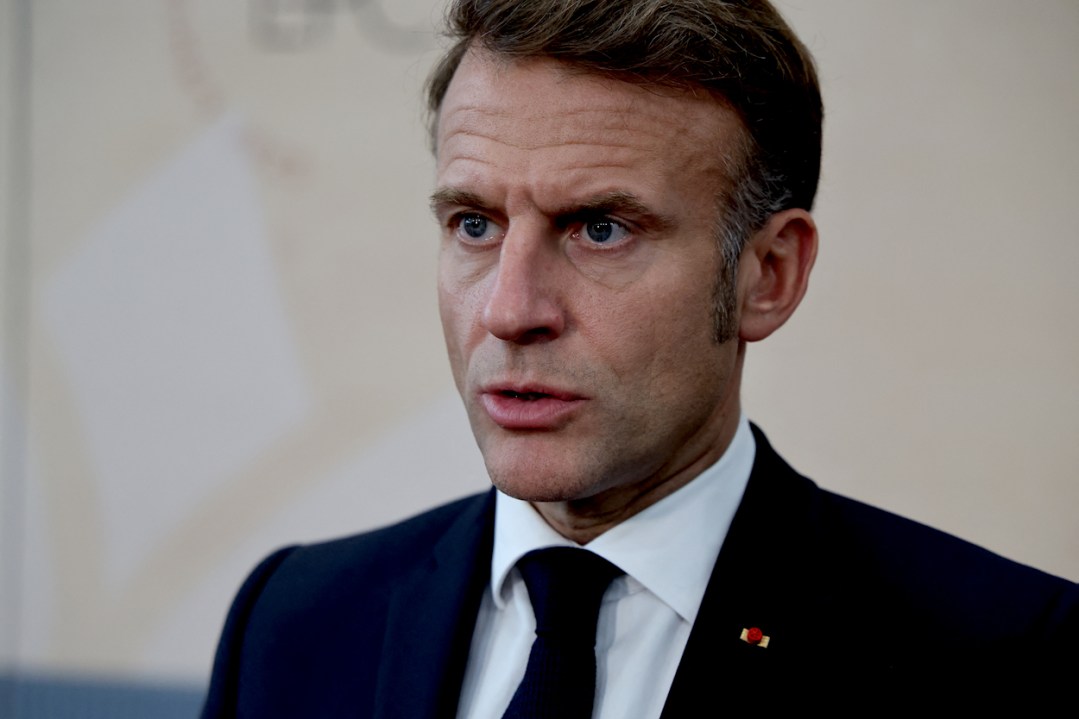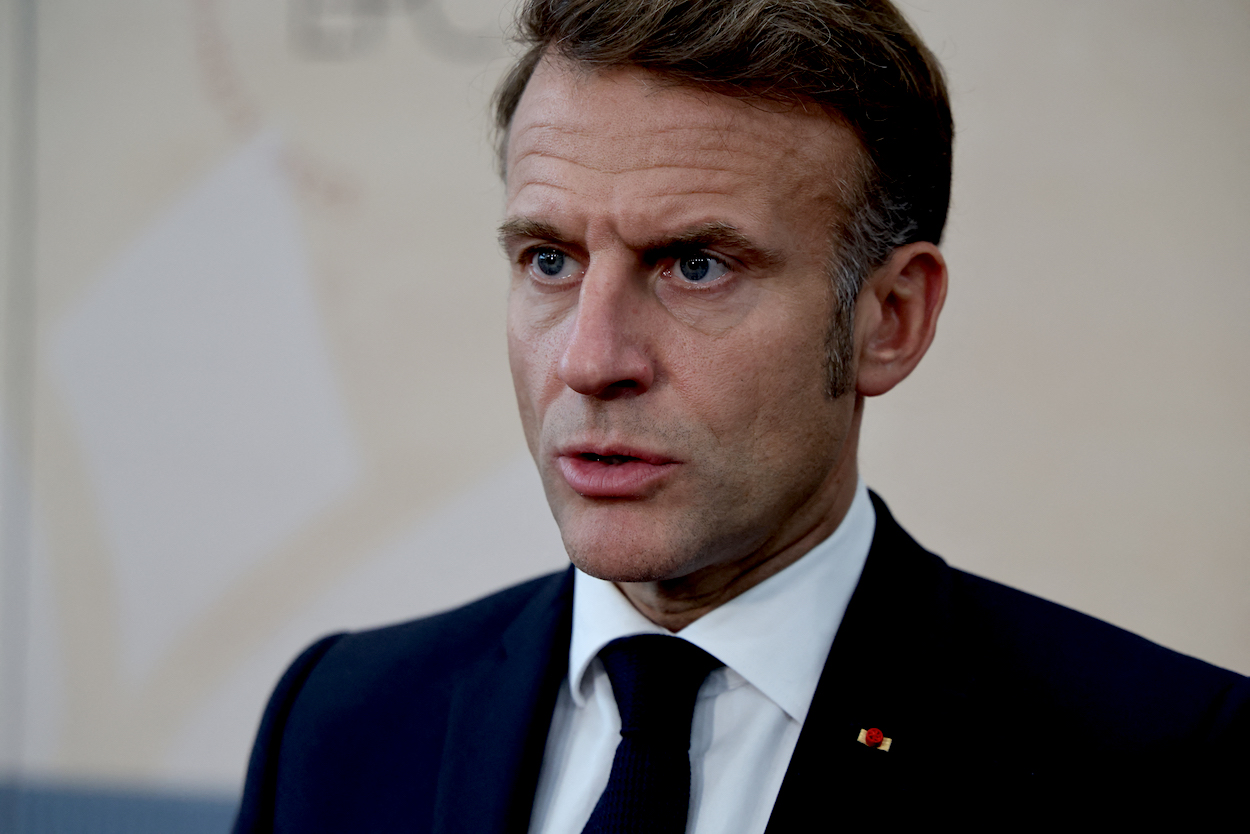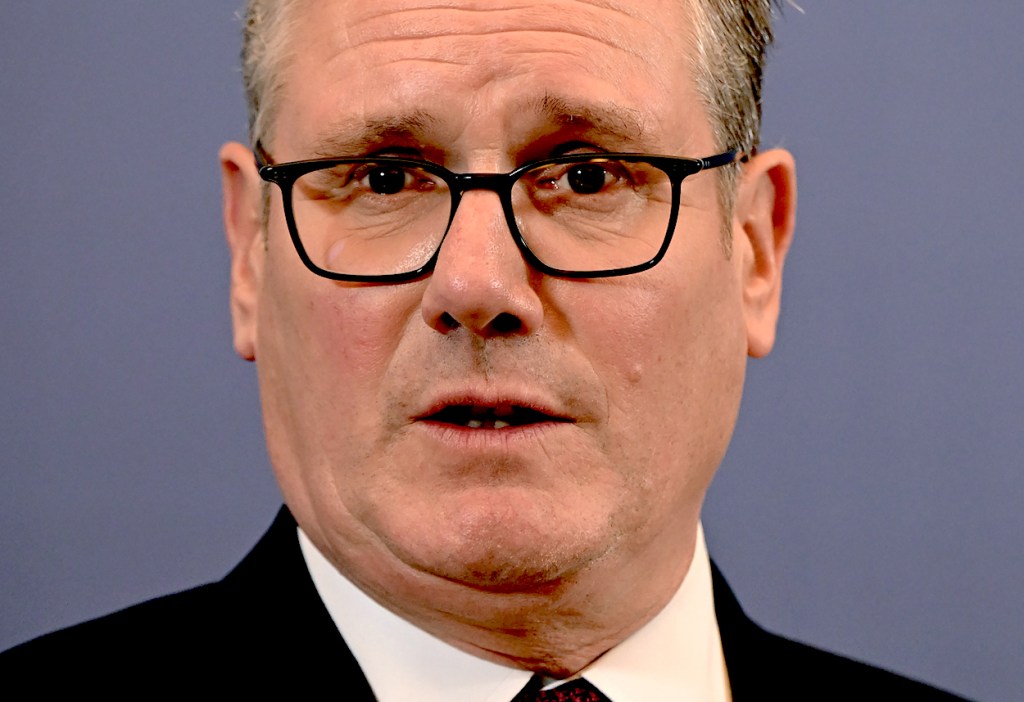It is just over three years since a 12-year-old Parisian girl called Lola was raped and murdered in a crime that shocked France. The woman accused of the murder, 27-year-old Dahbia Benkired, is now on trial and on Monday the court heard chilling evidence from a man who encountered the defendant shortly after the death of Lola.
Karim Bellazoug told the court that Benkired was carrying a large trunk and told him she had items to sell. When he glanced inside he saw what looked like a body. ‘I thought she was crazy, that she was a psychopath,’ Bellazoug declared.
The motivation as well as the mental state of Benkired will be examined as the trial continues, but the overarching question is beyond the court’s remit. It is a political question: why was Dahbia Benkired in France?
She arrived in the country in 2016 on a student visa and took a course in catering. She was a poor student with a reputation for lateness and lying. By 2022, Benkired was a regular cannabis user with no regular employment and no fixed abode. She had also been served with a deportation order, what the French call an OQTF – obligation de quitter le territoire français.
An OQTF was introduced in 2006; the order is issued by a prefect and requires the recipient to leave France by their own means within 30 days. The initiative took time to get off the ground; in 2007 only 3.9 per cent of OQTFs were enforced, a figure that rose to 22.4 per cent by 2012, the year that Nicolas Sarkozy left office. He had cultivated an image of being a president tough on crime, which can’t be said of his successors, Francois Hollande and Emmanuel Macron.
In an interview in 2019, Macron admitted that the current execution rate for OQTF of under 10 per cent was not good enough, and he promised that it would soon be 100 per cent.
His boast was greeted with scepticism by Christian Jacobs, at the time the president of the centre-right Republican party. He accused Macron of being ‘all talk and no action’, reminding the French that when he had come to power in 2017 the president promised to reduce public spending. ‘But the reality is that spending is increasing much faster than it did under Hollande. We have accumulated an additional €170 billion in debt in two years, and on immigration, it’s the same problem’.
Jacobs’s cynicism was well placed. France’s debt and immigration have soared in the last six years. In 2024, a record 430,000 legal migrants arrived in France, the same number as the three previous years combined. As for the number of illegal immigrants in France, when asked for a figure on Tuesday the new interior minister Laurent Nunez refused to divulge the number. Jordan Bardella, the president of the National Rally, has since written to Nunez demanding ‘transparency’ on how many illegal immigrants are in France.
As for the number of OQTF orders that have been enforced, they have fallen to 7 per cent. In a report published last year by the independent authority for monitoring the conditions of detention, this low rate is attributable to ‘the structural obstacles (both material and administrative) that have long hindered the implementation of forced removals’. The report added that the situation ‘does not appear likely to change in the coming years’.
A few weeks after that report was issued, a student called Philippine was raped and murdered in Paris by a Moroccan, who had recently been released from prison after serving a short sentence for rape. ‘Philippine’s life was stolen from her by a Moroccan migrant under an OQTF,’ posted Bardella on social media. ‘This migrant therefore had no place on our soil… Our justice system is lax, our state is dysfunctional, our leaders let the French live with human bombs.’
‘I am lucky to be alive,’ she said
A similar message was heard in a Paris court last month during the trial of an African man accused of raping two women at knifepoint on a Saturday afternoon in 2023. The man, who was found guilty, had ignored OQTFs in 2020, 2021 and 2023 and during that time committed several other crimes.
One of the women, Claire Geronimi, waived her right to anonymity, to declare: ‘We’re talking about a brutal rape, something that shouldn’t happen in the middle of the afternoon, in the heart of Paris…It’s something that’s very difficult, especially since my attacker was subject to three OQTF orders’.
Claire has raised a support group for victims of sexual crimes. ‘I am lucky to be able to testify, I am lucky to be alive,’ she said. ‘I think we could have been Lola, we could have been Philippine.’
A poll last month found that 86 per cent of French people are in favour of imprisoning foreign criminals issued with a OQTF while they await deportation. It seems logical, but there is little logical about the French political class in this era of chaos. The new coalition government leans to the left and there is little chance that anything will be done to rein in the rampant lawlessness before the 2027 presidential election.
On Monday, Justice Minister Gérald Darmanin admitted that the Louvre heist was a ‘terrible’ reflection on France, adding that the country had ‘failed’ to protect its national treasures. The same can be said of how the country fails to protect its girls and its women.









Comments